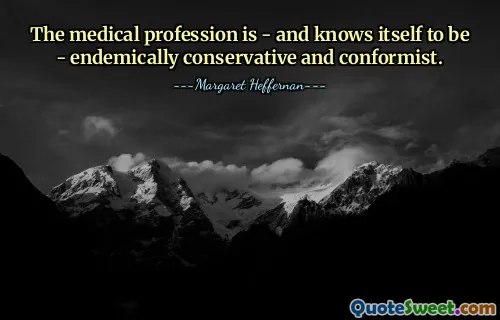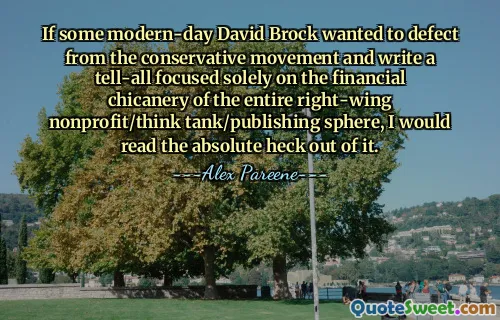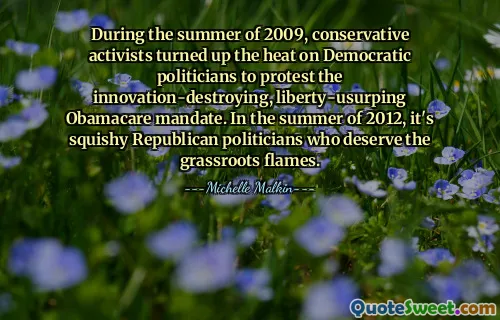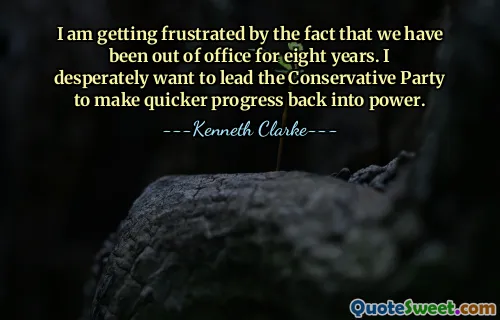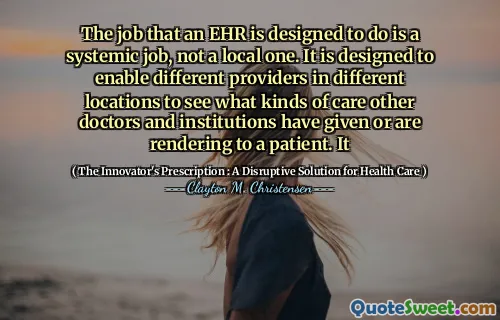
The medical profession is - and knows itself to be - endemically conservative and conformist.
📖 Margaret Heffernan
---Margaret Heffernan---
This quote shedding light on the inherent characteristics of the medical profession prompts a critical reflection on how established systems can both serve and hinder progress. The recognition that the medical field tends to be inherently conservative and conformist underscores the delicate balance between maintaining rigorous standards and embracing innovation. While concerted caution is essential in healthcare to avoid jeopardizing patient safety, an excessive resistance to change may prevent the adoption of groundbreaking treatments, technological advancements, or new paradigms that could significantly improve outcomes.
The conservatism within the profession often stems from a culture that values tradition, meticulous validation, and risk aversion, which are vital in ensuring efficacy and safety. However, such attributes can foster complacency, discourage dissent, and create barriers to change. Medical hierarchies and peer pressures can further entrench conformist attitudes, possibly suppressing innovative ideas from clinicians or researchers who challenge the status quo.
The challenge lies in cultivating a culture that respects the importance of cautious progress while encouraging openness to new evidence, alternative approaches, and novel research. Breaking down bureaucratic barriers and fostering environments that support critical thinking and dissent can lead to meaningful advancements. Transparency, continuous education, and collaborative efforts across disciplines are vital in overcoming the limitations posed by insularity.
Embracing change in medicine is not merely about new technologies but also about re-evaluating deeply ingrained practices and beliefs for the betterment of patient care. Recognizing the tendency toward conservatism can act as the first step in addressing biases and fostering a culture more receptive to innovation without compromising safety.
In sum, this thought-provoking quote challenges us to reflect on how the strengths of tradition can be balanced with the necessity for evolution, ensuring the medical profession remains accountable, dynamic, and responsive to the needs of society.






